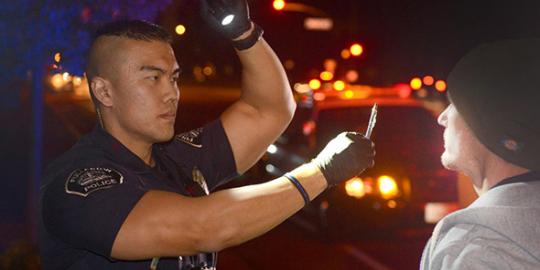
Drug Recognition Experts in DWI Cases – In North Carolina, Driving While Impaired (DWI) cases can get very complicated very fast. Some would assume it is simple – either you were drinking and driving or you were not. Well, in actuality it is nowhere near that simple to defend a DWI. In fact, often the analysis has nothing to do with alcohol at all because other impairing substances count as well and because of this, some officers are being trained as Drug Recognition Experts.
In this blog, we will talk about Drug Recognition Experts, who they are, what they do, and how they affect DWI cases. Like all of our blogs, this is intended for informational purposes only and is not intended as a substitute for the advice and counsel of a DWI attorney.
DWIs are not just about drinking
Driving while impaired often involves alcohol but it can involve any impairing substances. Legal and illegal drugs are treated just about the same with this charge, as alcohol would be. If you are driving while under the influence of drugs you can be charged even without a strong odor of alcohol, and absent a breathalyzer.
What are Drug Recognition Experts and when are they used?
A Drug Recognition Expert is a law enforcement officer trained to recognize when someone is impaired by drugs. They are certified and highly trained and follow a twelve-step process called the drug influence evaluation which has the following steps:
- Breath alcohol test
- Interview of the arresting officer
- Preliminary examination and first pulse
- Eye examination
- Divided attention psychophysical tests
- Vital signs and second pulse
- Dark room examination
- Examinations for muscle tone
- Check for injection sites and third pulse
- Subject’s statements and other observations
- Analysis of opinions of the evaluator
- Toxicological examination
This process is used to obtain probable cause to arrest someone for DWI.
How a DWI attorney deals with a drug recognition expert
Determining someone is impaired by alcohol has become common place and straightforward for police officers, given the use of field sobriety tests, and the field breathalyzer.
When it comes to drug recognition, it is a defense attorney’s role in a DWI trial, to challenge whether or not the tests have been administered correctly, and whether or not there was in fact probable cause to arrest the defendant for DWI.
If you have been charged with DWI in Charlotte, North Carolina or the surrounding areas, or have been charged with DUI in York County, South Carolina, contact us.
